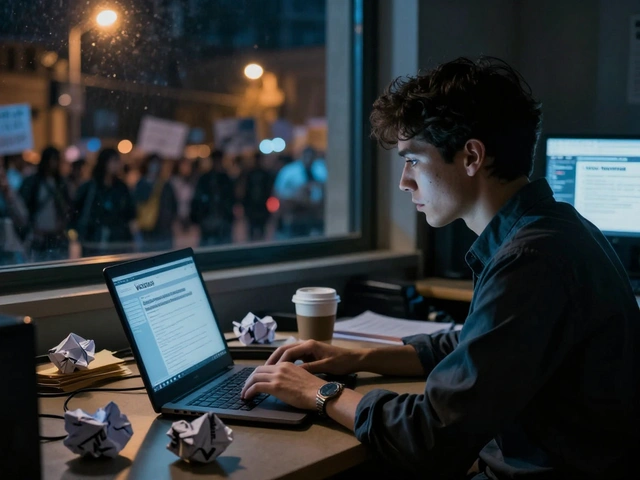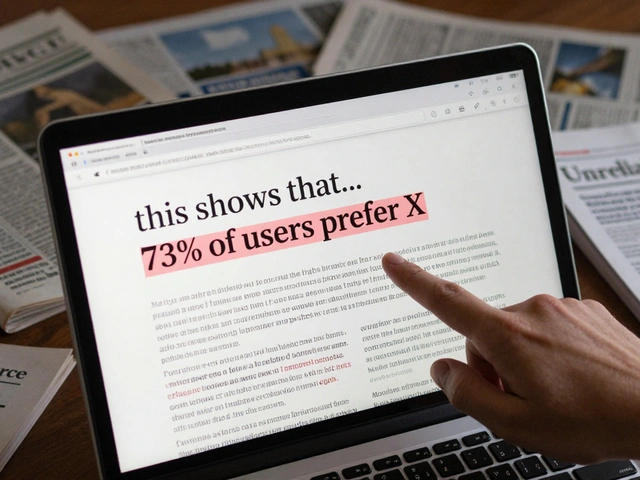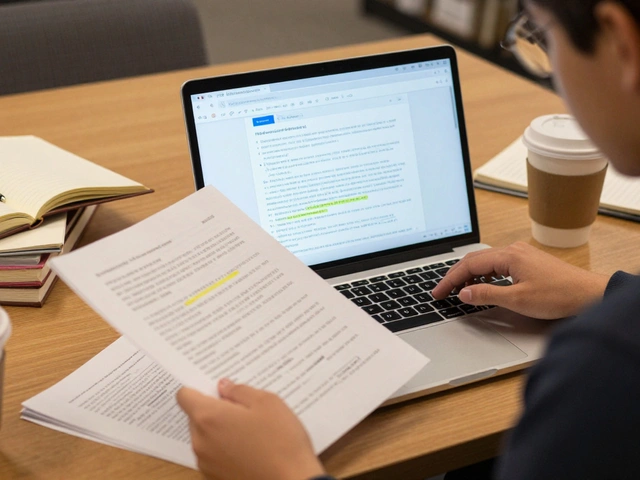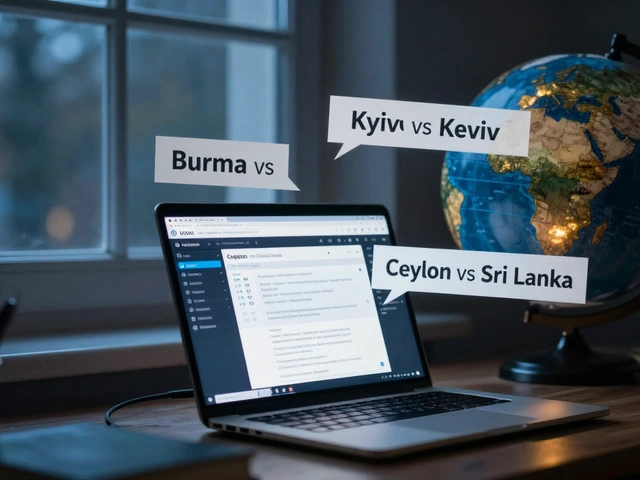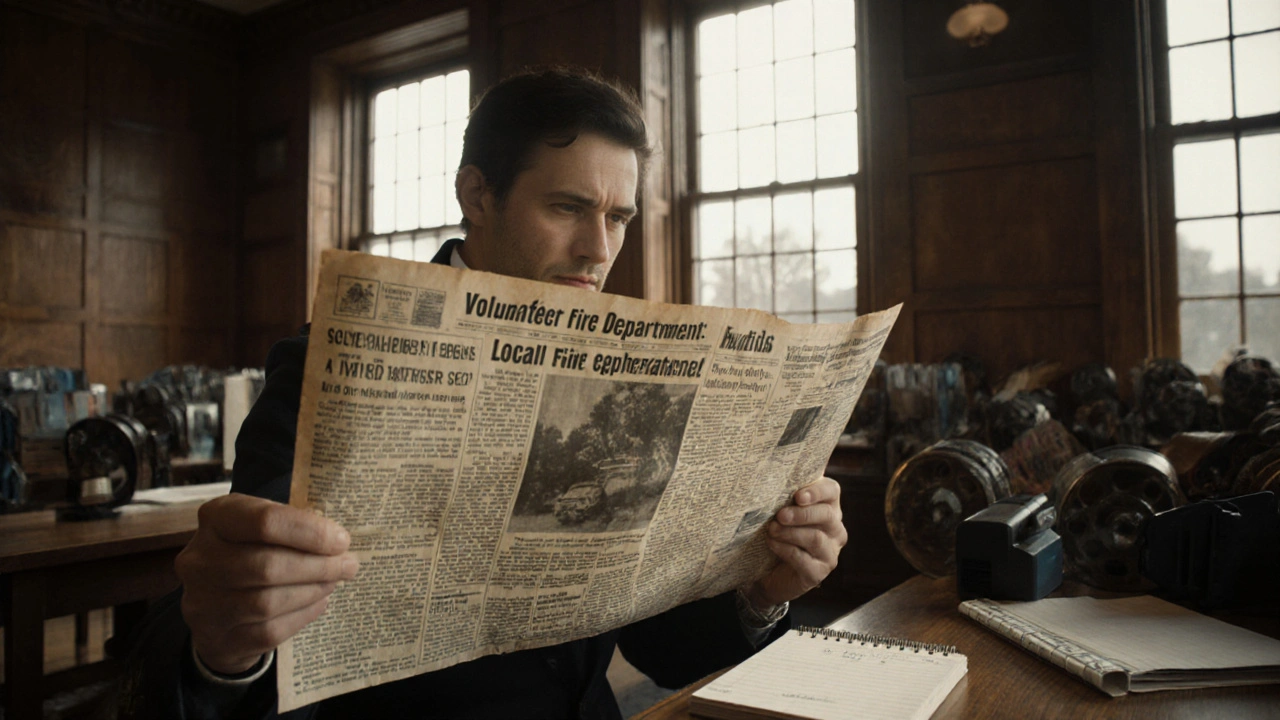
If you’ve ever tried to create a Wikipedia page for your town’s oldest bakery, a local nonprofit that’s been running for 30 years, or the high school football team that won three state titles in a row-only to see it get deleted-you’re not alone. Thousands of editors face this same frustration every year. The problem isn’t that these things aren’t important. It’s that Wikipedia’s notability guidelines weren’t built for small towns, rural communities, or niche local histories. But that doesn’t mean you can’t win. You just need to play by the rules differently.
What Wikipedia Actually Means by ‘Notability’
Wikipedia doesn’t require something to be famous. It requires independent, reliable sources that talk about it in meaningful detail. That’s the core of notability. A mention in a press release, a Facebook post, or even a local newspaper’s event calendar doesn’t count. You need coverage that treats the subject as the focus-not just a footnote.
For example, if your town’s community garden won an award from the state Department of Agriculture and was covered in a regional newspaper with quotes from organizers, photos of the space, and details about its impact on food access-that’s usable. If the same garden was listed in a weekly “Community Events” sidebar with no analysis? That’s not enough.
The key is depth, not frequency. One solid article from a credible source can be enough. Ten shallow mentions won’t help.
Where to Find Reliable Sources for Small-Town Topics
Most people look for news articles and hit a wall. But reliable sources go beyond daily newspapers. Here’s where to dig:
- University archives - Many state universities collect local histories. Look for student theses, oral history projects, or faculty research on regional development. These are peer-reviewed and archived.
- Government reports - City council minutes, economic development plans, public health studies, or zoning documents that mention your subject often qualify as reliable. If a nonprofit received a municipal grant and the award was publicly documented, that’s a source.
- Trade publications - Even niche industries have journals. A local craft brewery might be covered in Beer Magazine or a regional food trade newsletter. These count.
- Books - Local history books published by university presses or regional publishers are gold. Even if your subject is mentioned in one chapter, if it’s discussed with context and analysis, it’s usable.
- Documentaries - If a local PBS station or independent filmmaker made a short film about your community center or historic building, and it’s available on a public platform like YouTube with credits and production details, that counts as a published source.
Don’t overlook digitized microfilm from your public library. Many small-town newspapers from the 1970s-1990s are archived online through state digital libraries. A 1987 article about the founding of your town’s volunteer fire department? That’s 30+ years of history-and it’s perfect.
How to Structure Your Article So It Doesn’t Get Deleted
Wikipedia doesn’t delete articles because they’re about small places. It deletes them because they read like brochures, press releases, or fan pages. Here’s how to avoid that:
- Lead with context - Don’t start with “The Maple Street Library was founded in 1952.” Instead, say: “The Maple Street Library is one of only three rural branch libraries in Wisconsin that still operates out of a donated 1920s home. It serves 1,200 residents across three unincorporated townships and has maintained a 95% volunteer staff rate since 1985.”
- Focus on impact, not facts - Instead of listing every event the local theater group hosted, explain how it became the only arts program in the county after the school district cut funding. Cite the county arts council report that called it “an essential cultural lifeline.”
- Avoid promotional language - Words like “best,” “amazing,” “beloved,” or “groundbreaking” are red flags. Replace them with measurable outcomes: “Increased attendance by 40% over five years,” “Received $15,000 in state grants,” “Hosted 12,000 visitors in 2023.”
- Use citations like a journalist - Every claim needs a source. Not every sentence. But every assertion-especially about size, impact, or history-needs backing. Use footnotes with the full title, author, date, and link (if available).
Think of your article as a mini-investigative report. Not a tribute. Not a resume. A factual account supported by evidence.
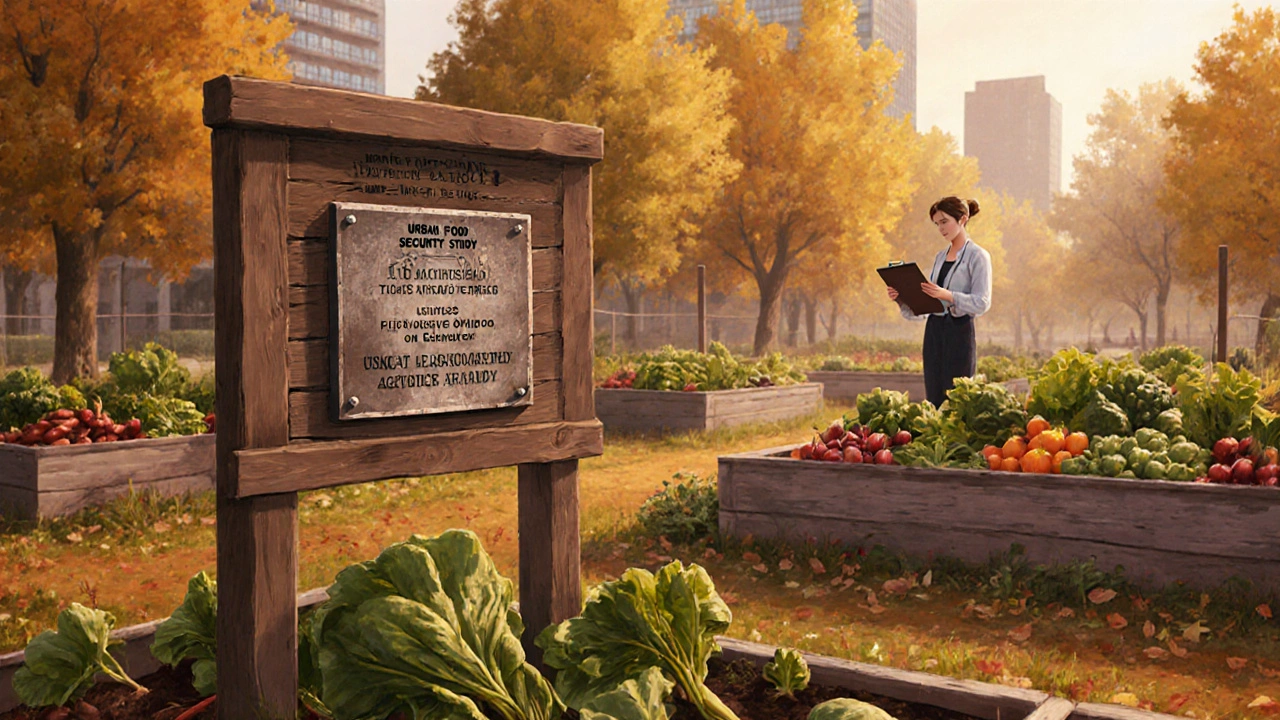
Common Mistakes That Get Local Articles Deleted
Here’s what usually goes wrong-and how to fix it:
- Mistake: Using the subject’s own website as a source. Fix: Only use it to verify names, dates, or addresses. Never for claims about impact or significance.
- Mistake: Writing about a person who runs a business. Fix: Wikipedia doesn’t do individual profiles unless they’re notable in their own right. Write about the business, not the owner. Focus on the organization’s history, scale, and community role.
- Mistake: Relying on social media or blogs. Fix: Even if a local blogger has 10,000 followers, unless they’re a recognized journalist or the blog is archived by a library, it’s not reliable.
- Mistake: Creating an article right after a big event. Fix: Wait. Notability is proven over time. If your town’s annual festival just hit its 25th year and got covered in three regional papers over the last five years, that’s a sign it’s lasted. That’s notability.
Wikipedia’s deletion process is slow for a reason. It’s designed to catch rushed, biased, or unverified content. Don’t rush. Build your case.
What to Do If Your Article Gets Deleted
Deletion isn’t the end. It’s feedback.
When your article is deleted, the administrator who closed the discussion will leave a summary. Read it carefully. They’ll often say things like “Lacks sufficient independent coverage” or “Appears promotional.” That’s your roadmap.
Here’s what to do next:
- Go to the article’s deletion log (search “Wikipedia:Articles for deletion/[title]”).
- Find the discussion. Read what editors said. Look for patterns-did multiple people mention the same missing source?
- Find that source. Dig deeper. Talk to the local historical society. Check university databases. Search newspaper archives.
- Wait six months. Then, resubmit it as a new article, with the new sources included and the tone completely rewritten.
Many successful Wikipedia articles on small-town institutions were resubmitted after being deleted once-or even twice. The key isn’t persistence. It’s improvement.
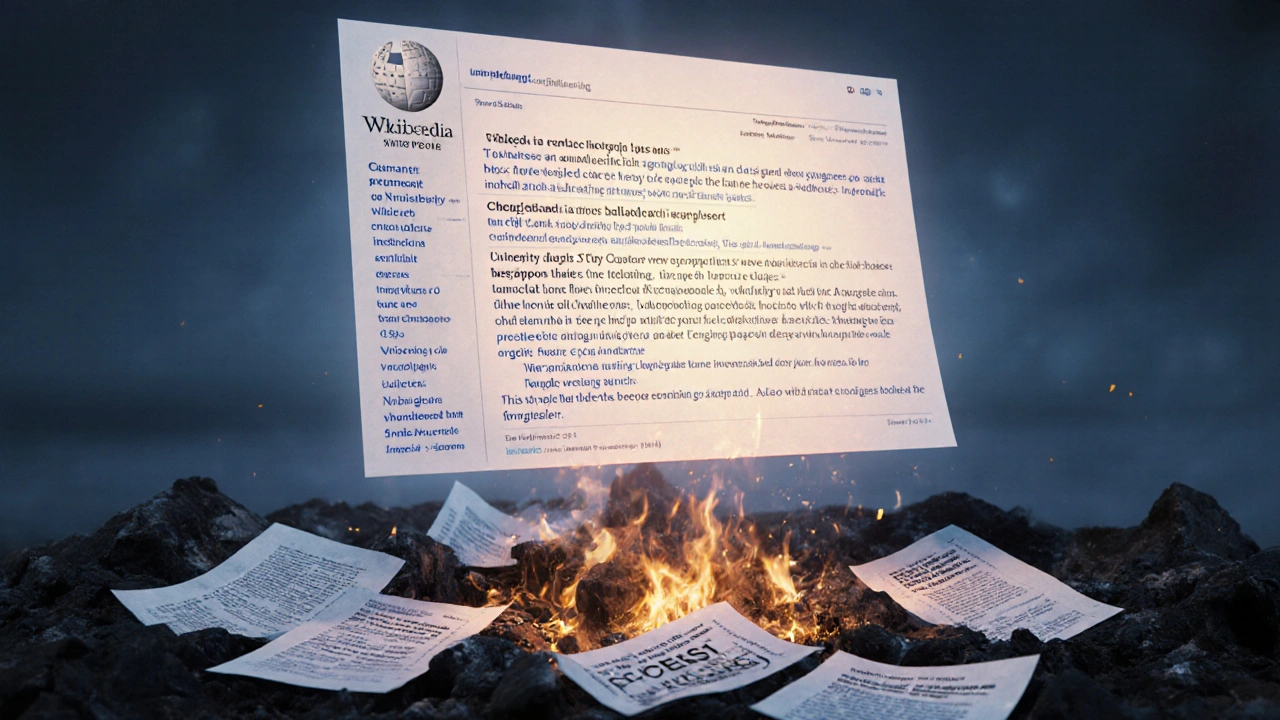
Real Examples of Small-Market Topics That Made It
Here are three real, live Wikipedia pages that started as local topics with little visibility:
- Red River Milling Company (Bemidji, Minnesota) - A family-owned grain mill operating since 1907. It was covered in a 2018 Minnesota Historical Society report on rural food systems and mentioned in two regional business journals. The article was created in 2020 and remains live.
- Clayton High School Football Team (Clayton, North Carolina) - Not the school itself, but the team. After winning five consecutive state championships between 2015 and 2019, it was covered by The News & Observer and featured in a documentary by a local college media student. The article was approved after adding those two sources.
- Green Valley Community Garden (Burlington, Vermont) - Started by retirees in 2001. It was referenced in a 2021 city sustainability plan and cited in a university study on urban food security. No news coverage. Just official documents. It’s still up.
Notice the pattern? No viral moments. No celebrity founders. Just documented, verifiable impact.
Why This Matters Beyond Wikipedia
Getting a local topic on Wikipedia isn’t about vanity. It’s about preserving history that institutions often ignore. Small-town libraries, family-run farms, volunteer fire departments, and community theaters don’t get archived in national databases. Wikipedia becomes the only public record.
When you write a notability-compliant article, you’re not just editing a page. You’re helping future researchers, students, and residents find out what made their community unique. That’s worth the effort.
Can I use my own blog as a source for a Wikipedia article about my local business?
No. Wikipedia requires independent, third-party sources. Your own blog, website, or social media accounts are considered self-published and are not reliable for establishing notability. Even if your blog has thousands of readers, it doesn’t meet Wikipedia’s standards for objectivity or editorial oversight.
What if my town doesn’t have a newspaper anymore?
You still have options. Look for regional newspapers that cover your area, university archives, state government reports, or digitized microfilm from your local library. Many rural communities have their history preserved in academic theses or oral history projects-these are valid sources. Contact your county historical society; they often have access to materials you don’t know exist.
Is there a minimum number of sources needed for notability?
No fixed number exists. One in-depth article from a reputable source can be enough if it provides substantial coverage. However, two or three independent sources that each discuss the subject in detail are far more likely to convince editors. Quantity matters less than quality and depth.
Can a nonprofit with no funding from outside the community be notable?
Yes-if it has documented impact. If the nonprofit has been running for 20+ years, served thousands of residents, and is referenced in a city’s annual social services report or a university study on community resilience, that’s enough. Funding source doesn’t matter. Impact and independent documentation do.
How long should I wait before resubmitting a deleted article?
Wait at least six months. Use that time to find new sources, improve the writing, and remove promotional language. Resubmitting too soon with the same material will likely lead to another deletion. Wikipedia values patience and improvement over speed.
If you’re serious about getting your local topic on Wikipedia, treat it like a research project. Gather sources like a historian. Write like a journalist. Be patient like an archivist. The community you’re preserving is worth it.

